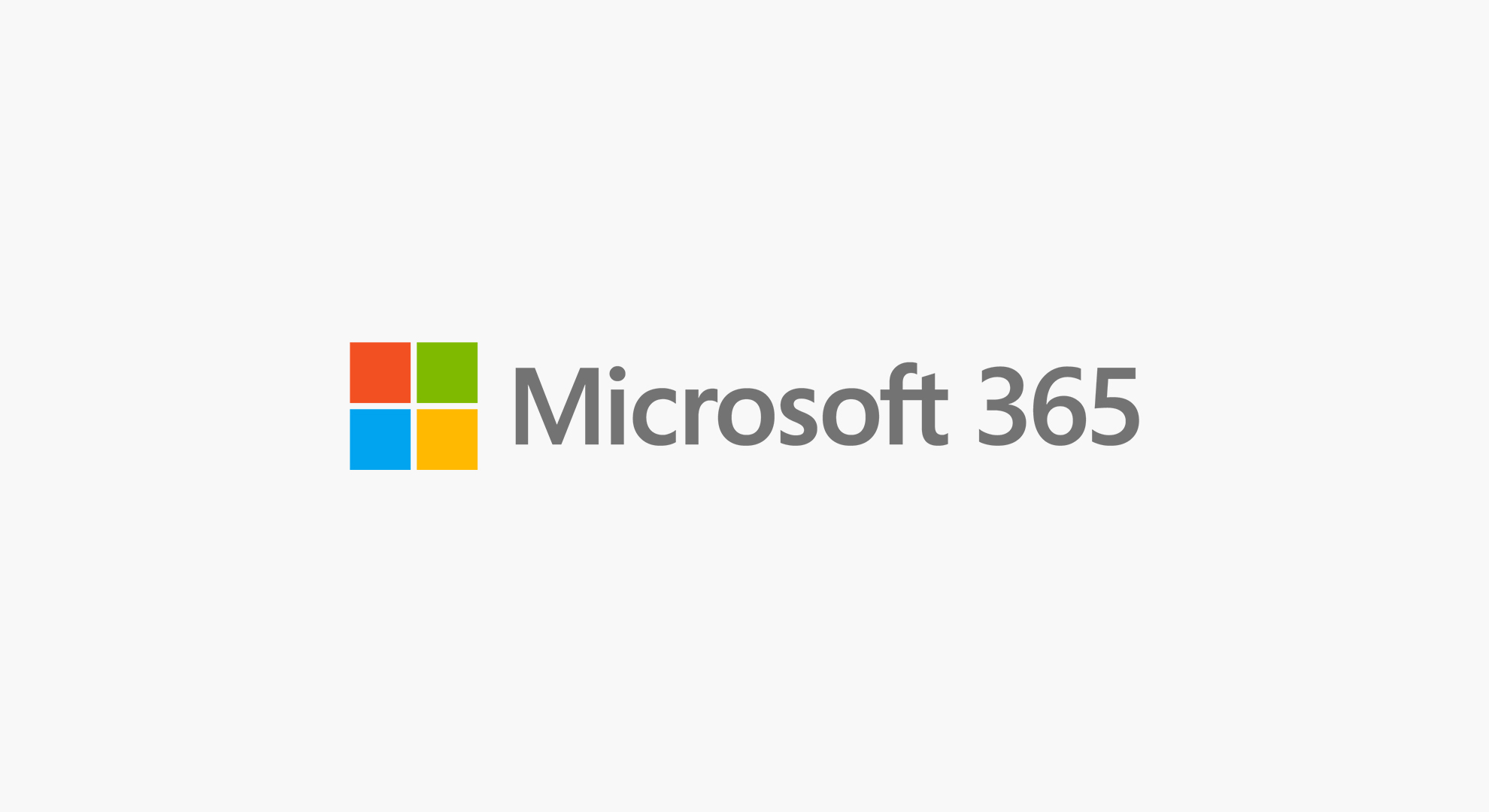When it comes to the digitization of their own company, some entrepreneurs are still unclear in the flood of information. With Office 365, Microsoft has developed a product that is very promising for the future. In Germany, more and more medium-sized to large companies are looking at cloud solutions, are already using them or are planning to switch to them. So it’s on trend.
As an IT company, we understand if you are still a bit skeptical about terms like “cloud” and “IT security” because, after all, the long-established system has proven itself in your company to this day. The challenge is that digitization brings innovation that, while ingenious, is often not entirely understandable to people who are not information technologists.

Who could explain Office 365 / Microsoft 365 better than an expert with many years of project experience in establishing Office 365? Our technician, Mr. Peter Heidingsfelder, brings clarity into the darkness and answers the most important questions around the topic.
Question 1: Mr. Heidingsfelder, What is Office 365 or Microsoft 365 and what is the difference to the previous Office packages?
Peter Heidingsfelder: “Office 365 is a combination product and was recently renamed Microsoft 365. This means that several services from different products have been combined. One of the most important products here is the e-mail server, which was previously mostly located locally at the companies’ premises. The Microsoft e-mail server is called Exchange Server and is no longer a physical server, but is mapped in the Microsoft Cloud.
Question 2: What does Office 365 / Microsoft 365 include?
Peter Heidingsfelder: “Classically, Office 365 focuses on the Microsoft Office package, which we know as Word, Excel, PowerPoint, OneNote, Outlook and Publisher. In other words, everything that most people have known for years as Office. Office 365 is much more than just these applications. It includes a great many applications that come directly from the cloud, i.e. from Microsoft’s data center. Here, in addition to the main Office 365 products, I would like to mention the already mentioned Exchange Online (email server with calendar, contacts, task planning, to-dos, and Microsoft rights management), SharePoint, Teams as a communication tool, and OneDrive.”
Question 3: Mr. Heidingsfelder, how secure is the cloud?
Peter Heidingsfelder: “Let me say one thing up front: There is no such thing as the perfect and safest solution. You can only invest more money to make it all the more secure. As a medium-sized business, it is rather unlikely that such a large sum will be spent on your own system. For most companies, it’s not sustainable to map the security status you get for the money at Microsoft to the office itself.
The question you should ask yourself is rather: Do you want to take care of IT security yourself (as is the case with an in-house server) or would you rather leave this matter to a corporation like Microsoft, which is equipped with the necessary resources to do so?The security measures are specified by Microsoft for Office 365 / Microsoft 365 and are in the hands of Microsoft, which initially causes concern for many. In the course of this, we at CosH work with some institutions that regularly check and certify the security. Your data is regularly backed up with Microsoft Data Loss Protection. Microsoft’s data centers are ISO 27001 certified, one of the best security benchmarks in the world.”
Question 4: What if the servers at Microsoft fail one day? Can my company then no longer communicate?
Peter Heidingsfelder: “Now that it’s a cloud service, it’s always accessible. In Europe alone, Microsoft operates eight data centers. So you’re compatible worldwide and you can go to different data centers to retrieve your data. You can see at any time in which data centers your data is hosted and decide for yourself whether your data should be stored only in European data centers or worldwide.”
Question 5: What are the benefits of using Microsoft 365?
Peter Heidingsfelder: “Now that it’s a cloud service, it’s always accessible. In Europe alone, Microsoft operates eight data centers. So you’re compatible worldwide and you can go to different data centers to retrieve your data. You can see at any time in which data centers your data is hosted and decide for yourself whether your data should be stored only in European data centers or worldwide.”
Question 6: How exactly does the implementation of Microsoft 365 work?
Peter Heidingsfelder: “After analyzing the current situation, we at CosH create a so-called migration plan. This describes how the move from your old server to the cloud will be structured. Normally, the first step is to delimit and restrict the amount of data that is to be transferred. Then you set a deadline for when the migration should start. The project takes about two weeks. With a good data connection, however, it can also take over one night, depending on the amount of data. The migration plan ensures access between the new and old environments. Then the data transfer is started, and based on the data size, it can be calculated exactly how long the migration will take.”
Question 7: What about support after that?
Peter Heidingsfelder: “There are several options. Normally, you can always contact Microsoft. However, this has the disadvantage that Microsoft sometimes sends requests to partners and does not answer them directly. The cost of opening a Microsoft support ticket alone is several hundred euros. That’s why at CosH we also offer support & assistance to our customers afterwards, in addition to complete consulting and implementation. We have special contact persons exactly for Office / Microsoft 365, who have already gained a lot of experience in numerous Office projects. Support is provided by us through license purchase agreement or user helpdesk contracts.”
Mr. Heidingsfelder, thank you for the interview
Peter Heidingsfelder: You’re welcome, CosH wishes you a nice rest of the week If you have further questions about Office 365 / Microsoft 365, we will of course be happy to help you in a free consultation


